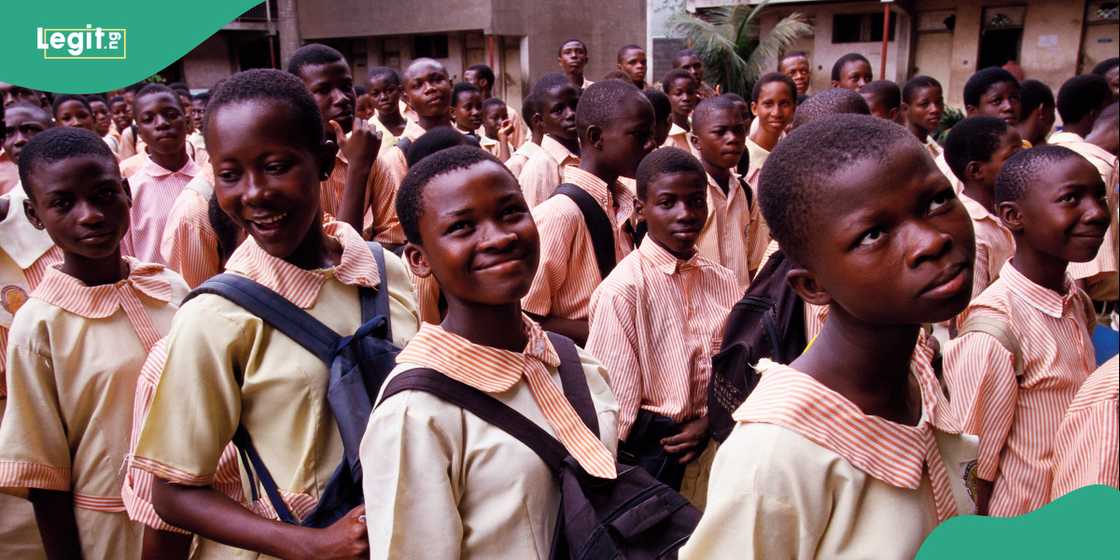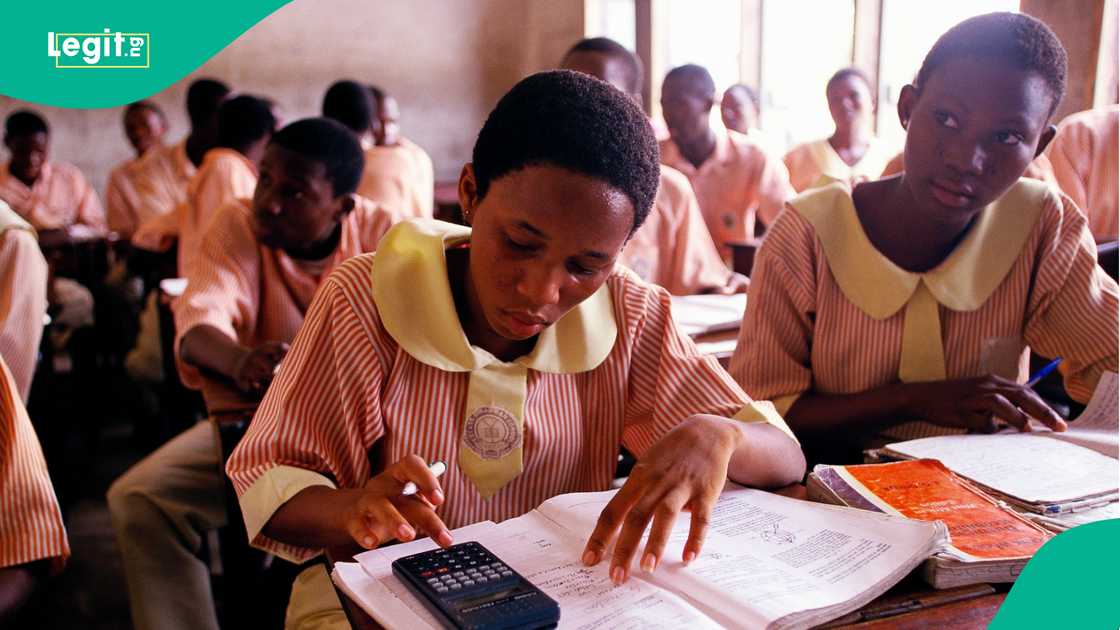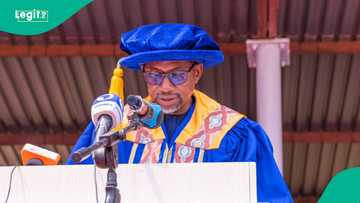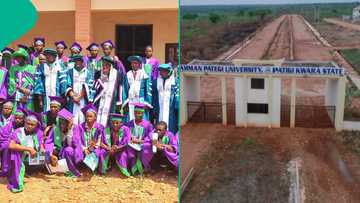Kano Parents Speak Out on Rising Private School Fees Amid Alleged Declining Standards
- Growing discontent is brewing among parents in Kano as private schools continue to increase tuition fees, while educational quality allegedly fails to match the rising costs
- Many middle-income households in Kano are now feeling the pinch as private school fees soar
- Private school owners however attribute fee hikes to rising operational costs
Findings by Legit.ng revealed that average private primary school fees in Kano now range between N40,000 to N100,000 per term, with some elite institutions charging as much as N200,000.
As the new academic term begins, many Kano families face difficult choices between financial strain and quality education for their children.

Source: Getty Images
Despite the fees hike, several parents however report declining standards
A civil servant with two children in a private school, Malam Ibrahim Suleiman told Legit.ng:
“Last term, I paid N65,000 per child. Now it's N85,000, yet the classrooms and facilities remain poor"
Hajiya Aisha Mohammed, whose child attends a private school in Tarauni, lamented:
"We pay for quality but some of the chairs are broken and not repaired in two terms. The school keeps increasing fees but nothing improves."
Parents turn to public schools
Meanwhile, some parents are now turning to improved public schools which recently benefited from state government renovations.

Source: Getty Images
"I moved my children from a private school charging N90,000 to a public school. The teachers are more dedicated and the facilities are now better maintained,” said Mrs. Binta Musa.
Private school proprietor justifies fees hike
Private school owners however attribute fee hikes to rising operational costs.
Mr. Sabiu Musa Haruna, the proprietor of Oxford Science Academy and Cambridge International School in Kano, says the increase in fees is determined by cost of living and current economic reality.
“The price of everything from textbooks to diesel, to cost of renovations have all increased due to the economic of the country.
There are a lot of factors that determine the increment, and one these factors is the minimum wage implementation which all private and public organizations have to also implement that. So we need to increase school fees to be able to achieve that.”
“Some schools, even if they increase the fess, the standard is not compromised. But usually during the end of the term many parents change schools for their kids to a more affordable option. This is very common.”
“And you know things have changed. Now if the proprietor wants to renovate school, it will cost a-lot more than what was spent previously due to cost of living. If last year we spend N100,000 for renovations, the value and cost of expenses this year will be around N300,000,” he added.
He further explained that the issue of tax which school proprietors pay per each student to the government is another factor determining the increment.
“Before it was N50 per pupil and now it has been increased to N100 . All these are factors that justify the increase of fees.”
He however noted that, it is for the sake of achieving standard, and quality education that the proprietors often increased fees and only after consultation with the parent through the PTA platform.
Top 25 most expensive secondary schools
In a similar report, Legit.ng detailed that good quality education goes beyond good grades. It lays a solid foundation for a child's future and helps them to attain their potential in life.
The most expensive secondary schools in Nigeria are known for offering world-class education. The reality is that not too many people in the country can afford to take their children to these institutions.
Legit.ng interviewed a representative from one of these schools to gain insights into the factors and reasons contributing to their institution's high fees.
PAY ATTENTION: Сheck out news that is picked exactly for YOU ➡️ find the “Recommended for you” block on the home page and enjoy!
Source: Legit.ng

Ibrahim Sofiyullaha (Editorial Assistant) Ibrahim Sofiyullaha is a graduate of First Technical University, Ibadan. He was the founder and pioneer Editor-in-Chief of a fast-rising campus journalism outfit at his university. Ibrahim is a coauthor of the book Julie, or Sylvia, written in collaboration with two prominent Western authors. He was ranked as the 9th best young writer in Africa by the International Sports Press Association. Ibrahim has contributed insightful articles for major platforms, including Sportskeeda in the UK and Motherly in the United States. Email: ibrahim.sofiyullaha@corp.legit.ng

Usman Bello Balarabe (Kano Correspondent) Usman Bello Balarabe is a journalist, media strategist, and university lecturer in Kano. He worked as an investigative journalist with Daily Trust Newspaper Nigeria. His career is passionately geared towards stimulating social justice, exposing corruption, ensuring good governance and accountability. In his over 7 years of journalism practice, he has authored investigations and numerous special and beat reports at the intersection of environment, health, education, agriculture, public spending, security, and politics.




